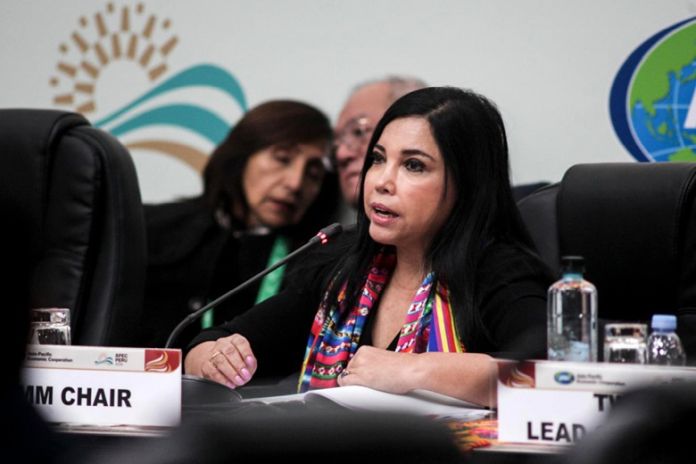By 12th APEC Tourism Ministerial Meeting
CUSCO, Peru – Tourism ministers from the APEC member economies are coordinating their policies in a bid to make the industry more accessible, inclusive and sustainable.
Meeting in Urubamba, a town within the Sacred Valley of the Incas, Cusco, tourism ministers confronted the changing face of tourism: price increases and inflation pressures, extreme weather, labor shortages and infrastructure strain caused by pent-up demand. The ministers’ agenda is focused on innovation and the use of digital tools to facilitate the transition of informal stakeholders to the formal economy; resilient tourism and optimizing sustainable tourism supply chains; and reducing food loss and waste in APEC economies.
In her opening remarks at the 12th Tourism Ministerial Meeting, minister Elizabeth Galdo highlighted that more than 50 percent of Peru’s annual international tourists come from APEC economies. This year, Peru aims to increase international tourist arrival to 4.4 million from 2.5 million in 2023, and 48 million domestic trips. These goals are estimated to generate around 1.5 million jobs and increase tourism’s contribution to the GDP to 4 percent in 2024.
“The arrival of tourists to Peru from the Asia-Pacific region accounted for over 52 percent of total arrivals, representing an increase of 50.6 percent compared to the same period in 2023,” said minister Galdo. “This recovery represents almost 69 percent of pre-pandemic levels for the same period.”
Minister Galdo explained that the Inca citadel of Machu Picchu, 80 kilometers northwest of Cusco, attracted close to one million visitors in 2023, making Cusco one of the most important drivers of economic development in Peru.
“More than that, balancing the conservation of the historic site and increasing the numbers of visitors to the site has demonstrated Peru’s commitment to developing sustainable and innovative tourism,” minister Galdo said. “Initiatives that include planning and management of this important tourist site, as well as improving its dynamic capacity, will help preserve the buildings of Machu Picchu and the communities around it.”
“We are aware that there is still much to learn and to do,” she added. “Peru is eager to strengthen APEC initiatives that will make tourism a sustainable, innovative and inclusive sector in tune with the current circumstances. We are ready to confront the tasks ahead.”
In line with the overarching theme of “Empower. Include. Grow” Peru has set its tourism priorities to advance innovative approaches to address current challenges in the tourism sector. This includes formalizing businesses and fostering sustainability and resilience to realize the full economic potential of all people.
Leveraging digital technologies to improve efficiency, transparency and resilience of the tourism sector were highlighted during the meeting as it can empower micro, small and medium enterprises to transition to the formal economy and gain market access.
“We must continue our cooperation, exchange ideas, identify best practices and formulate joint strategies that promote sustainable growth and competitiveness in the tourism industry in our region, leaving a positive legacy for future generations,” minister Galdo concluded.





